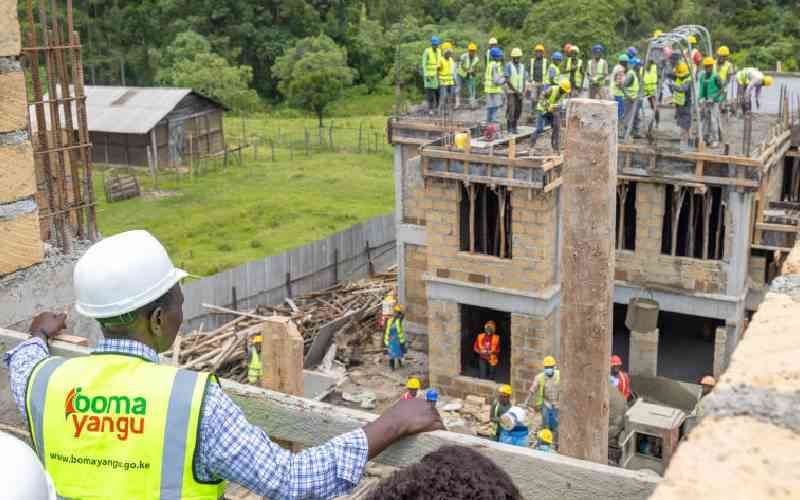×
The Standard e-Paper
Smart Minds Choose Us

The Affordable Housing Levy Bill that President William Ruto is expected to sign into law could help the government collect as much as Sh90 billion annually by its fourth year of implementation.
According to disclosures by the National Treasury in budget documents, collections through the Affordable Housing Levy are expected to reach Sh89 billion in the 2026/27 financial year up from the estimated Sh63.2 billion over the current financial year.